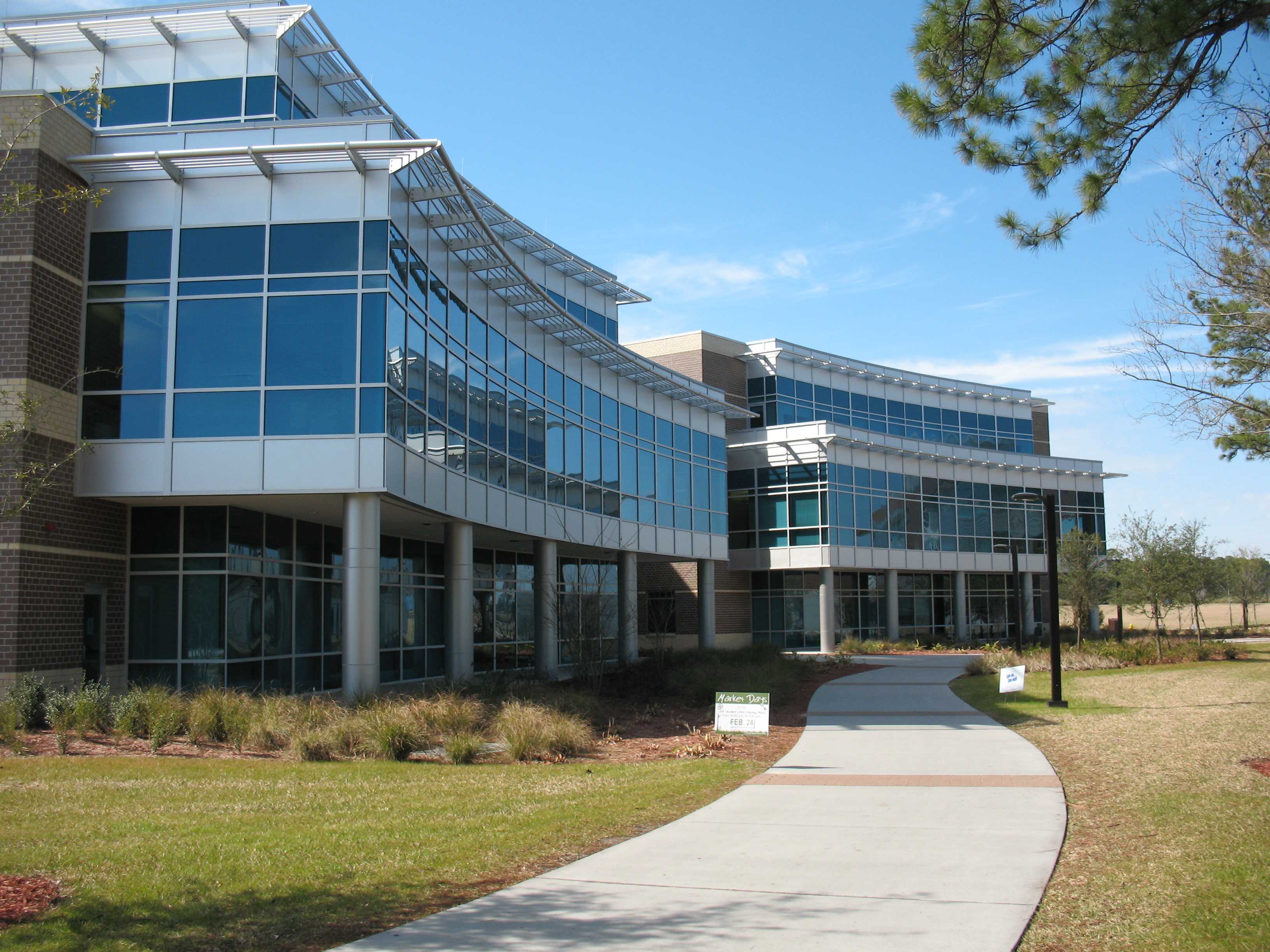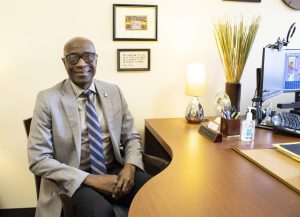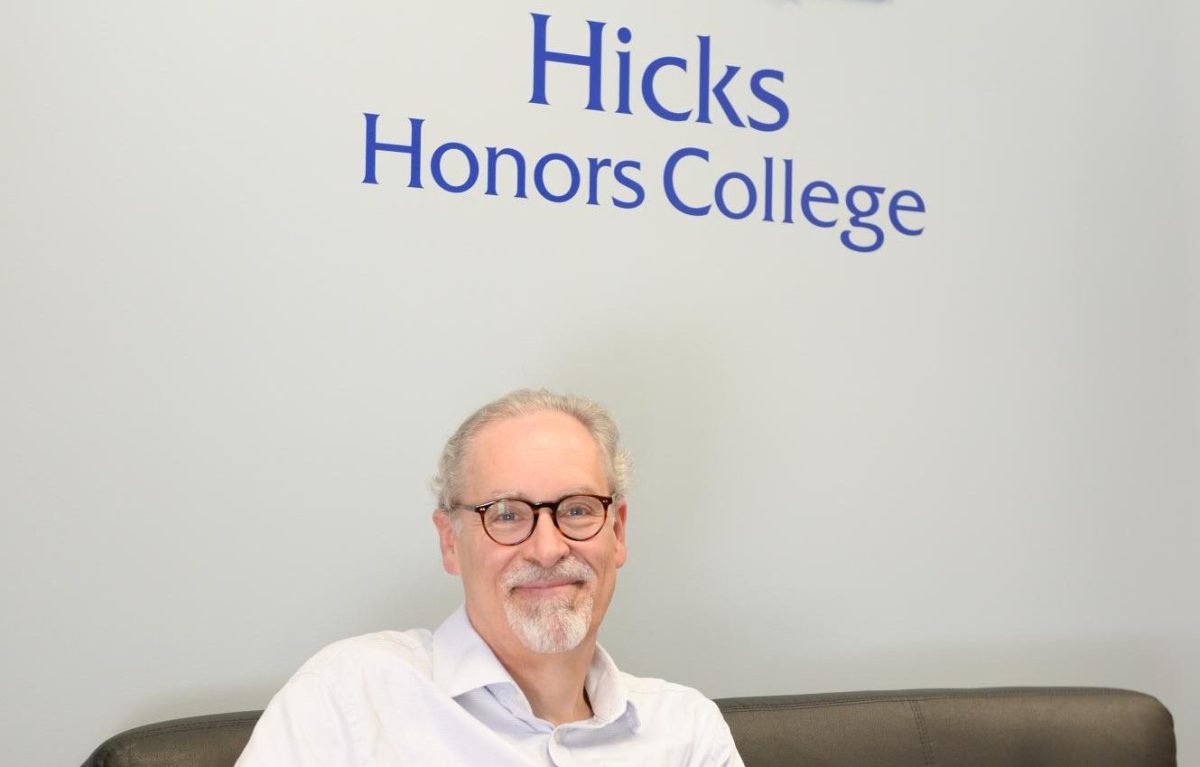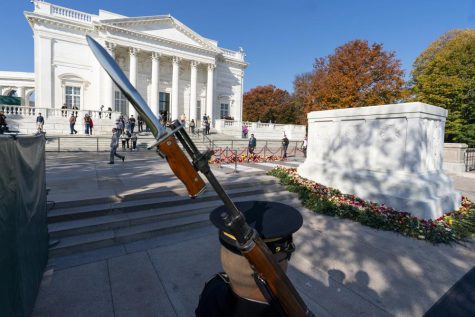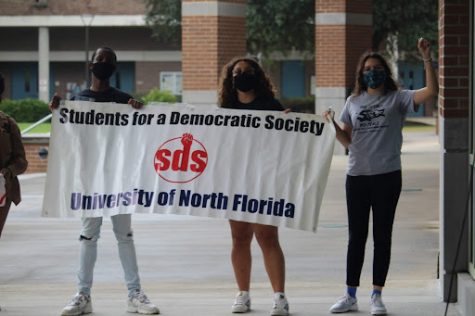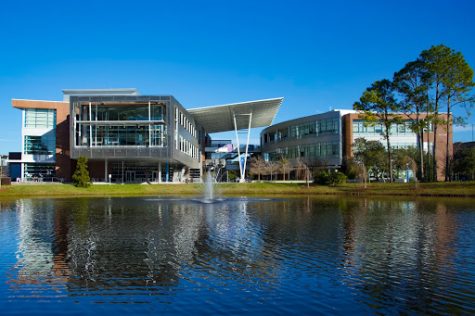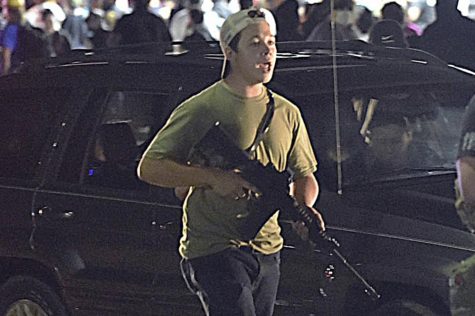In case of hurricane: UNF prepared for Irma
September 5, 2017

Jacksonville isn’t a hurricane hot spot, but it does receive occasional conditions from nearby larger hurricanes — such as Hurricane Frances in 2004. Hurricane Dora’s landfall in 1964 is the only direct hit to the First Coast on record. Despite this, UNF’s Crisis Management Team (CMT) exists to prepare the university in case a hurricane strikes.
UNF Vice President and Chief of Staff Tom Serwatka, a member of the CMT said the school has been fortunate in regards to weather.
“In my 40 years here, we haven’t had the worst run with hurricanes,” said Serwatka.
There are two teams compiled of UNF staff that handle hurricane-related emergencies.
UNF’s CMT prepares by looking over the hurricane-specific action plan once a year. The team follows every storm or potential storm closely, looking at factors such as moving speed, winds and likely landing time before deciding to cancel classes or evacuate the campus.
On the ground, the UNF Incident Management Team physically carries out the plans set in place by the CMT. The grounds crews will chain down possible projectiles, and top off generators with gas. Additional plans outline maintaining biology labs and the campus’ many art sculptures.
Serwatka said the university will close before weather conditions become too hazardous. In this scenario, faculty and staff have to prepare their work areas for potential wind and flooding.
Communication is another major factor of the plan. Students receive alerts from the school regarding disaster-type situations through texts and social media. There are also outdoor and indoor public address systems to warn students.
Serwatka said UNF has had hurricane-type damage in the past with smaller storms that led to canceled classes and water damage to buildings.
“We contained those situations. But it really depends on the category [of the hurricane],” said Serwatka.
If a hurricane approaches, Serwatka recommends students leave the area. He says in the case of emergency most students will leave, but estimates that about 200 will stay behind. These students will be moved to a single residence hall for safety.
“We’re prepared to take care of students with no place to go,” said Serwatka. “The residence hall will have food, A/C and electricity.”
Once the damage is done, UNF has contractors to remove any debris or remaining risks. UNF will notify students when it’s safe to return to campus.
“These are just plans. We don’t expect things to go perfectly smooth,” said Serwatka. “But we do the best preparation we can.”
—
For more information or news tips, or if you see an error in this story or have any compliments or concerns, contact [email protected].


